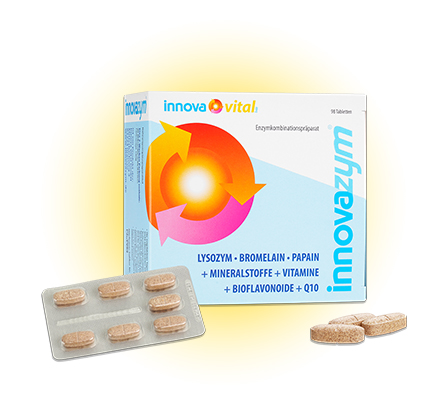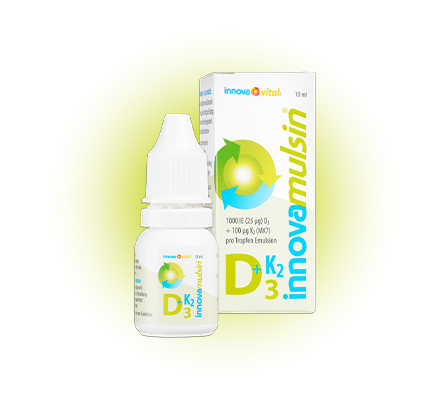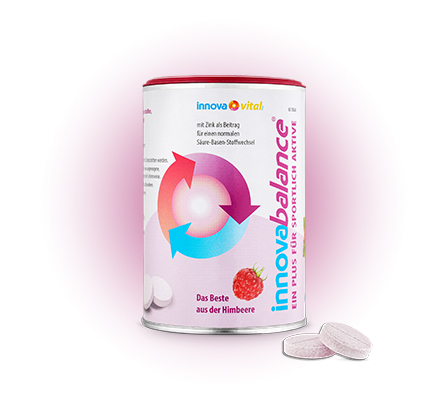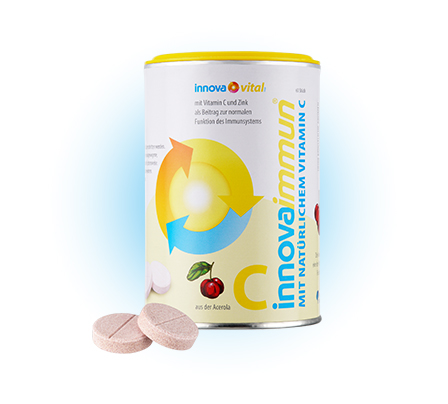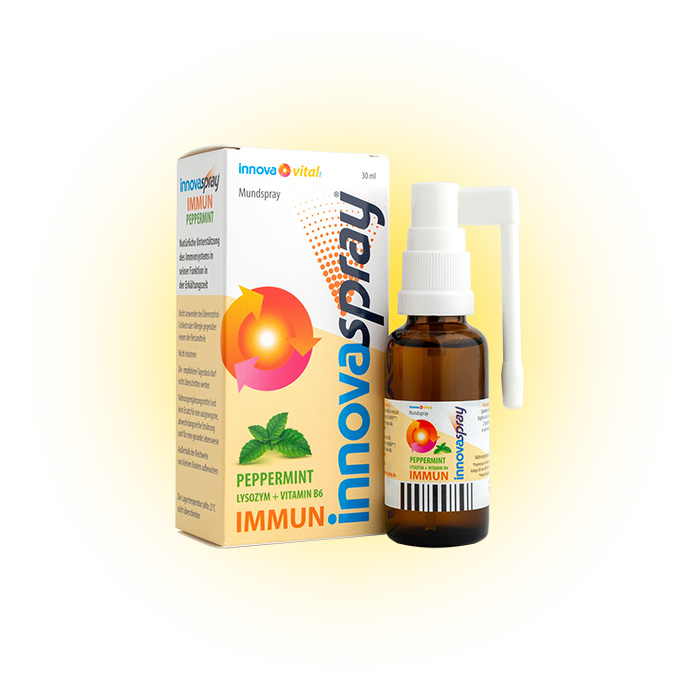Facts
The Idea
Did you know that vitamin C was researched by a Nobel Prize winner?
Linus Pauling (1901-1994), double Nobel Prize winner, was very much involved in the research of vitamin C and was convinced of the positive effect of the fascinating radical scavenger on the human immune system. Man is the only living organism on earth which cannot synthesize (produce itself) vitamin C. The daily required intake of vitamin C can only be achieved exclusively through our diet and is necessary to regulate oxidative processes in the body.
Have you ever asked yourself why the freshly picked oranges in Mallorca have a significantly more intense taste than those from the supermarket in Germany? The answer is quite simple; vitamin C oxidises very quickly. Fruit and vegetables can lose up to 50 percent of their valuable contents daily when kept at room temperature. You can roughly calculate how many vitamins the well-travelled fruit from abroad has already lost during transport. In addition to this, they are often harvested before they are completely ripe and therefore before having reached their highest vitamin content.
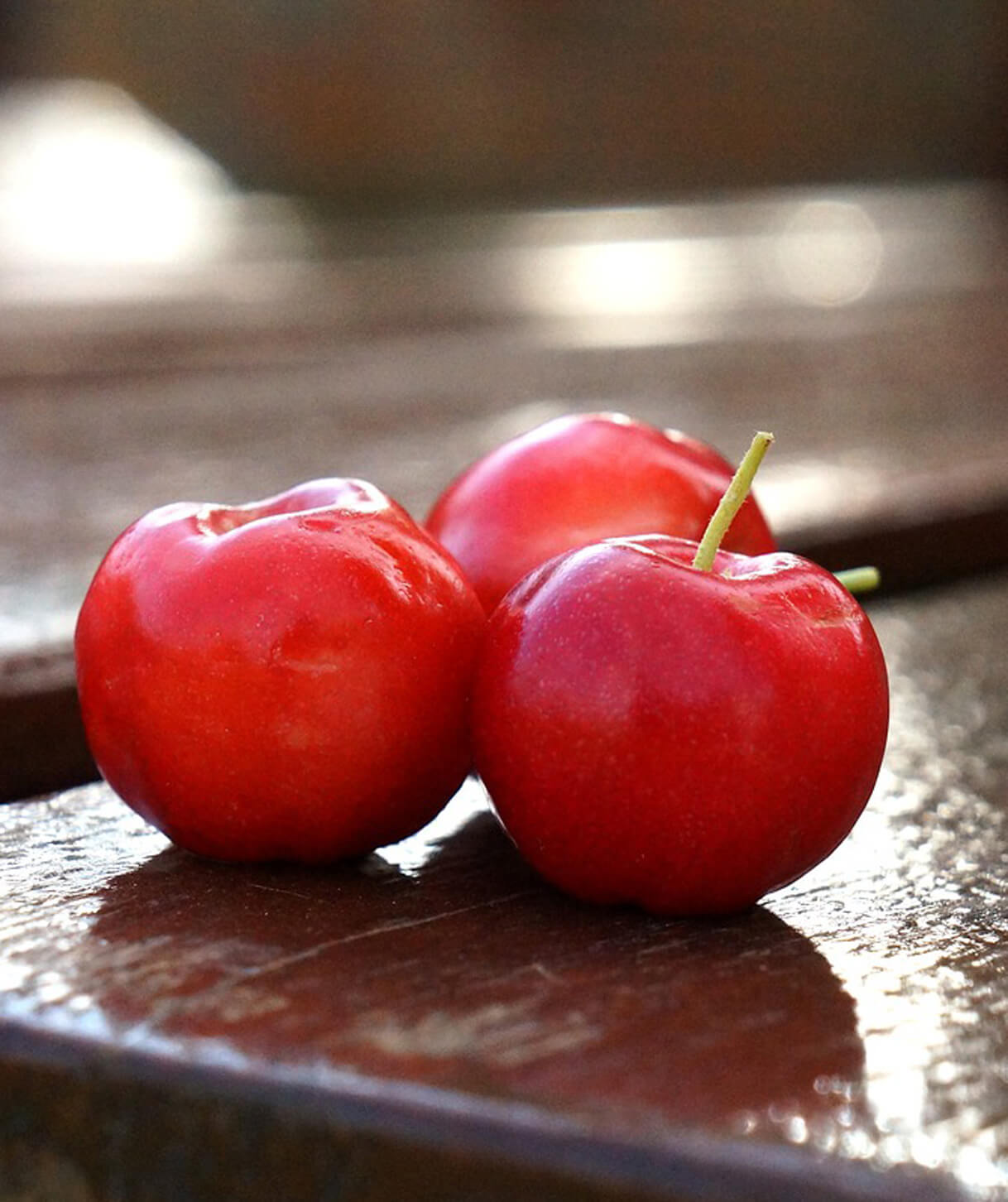
Why has Vitamin C been forgotten as a support of the immune system?
Science goes where the money is. In the time of Linus Pauling 1 g of naturally won vitamin C still cost approx. 50 dollars but today vitamin C is produced by bacteria and has become a very cheap article. Marketing vitamin C is not financially viable for large companies as advertising campaigns and studies are very expensive
But does that make Vitamin C less valuable for our Body?
Not in our opinion! That is why we developed a product for you with natural vitamin C from the acerola cherry innovatively combined with zinc to support your immune system in the season of the common cold. The idea of innova immun® C was born.
Why the Acerola Cherry?
The fruits of the acerola belong to the fruits with the highest level of vitamin C. 100 g fresh acerola juice contains 1400 – 4500 mg of the said vitamin. The acerola cherry does not only contain high doses of vitamin C but also bioflavonoids, B vitamins, minerals and zinc, which together with vitamin C can support the immune system well in the season of the common cold.
Acerola is widespread in one area and this covers among others Texas, Mexico, Panama, Brazil and Guatemala. As the acerola cherry cannot be easily transported due to the softness of the fruit, it is often processed immediately after being harvested (e.g. powdered acerola juice) and this ensures the high vitamin C content is preserved.

